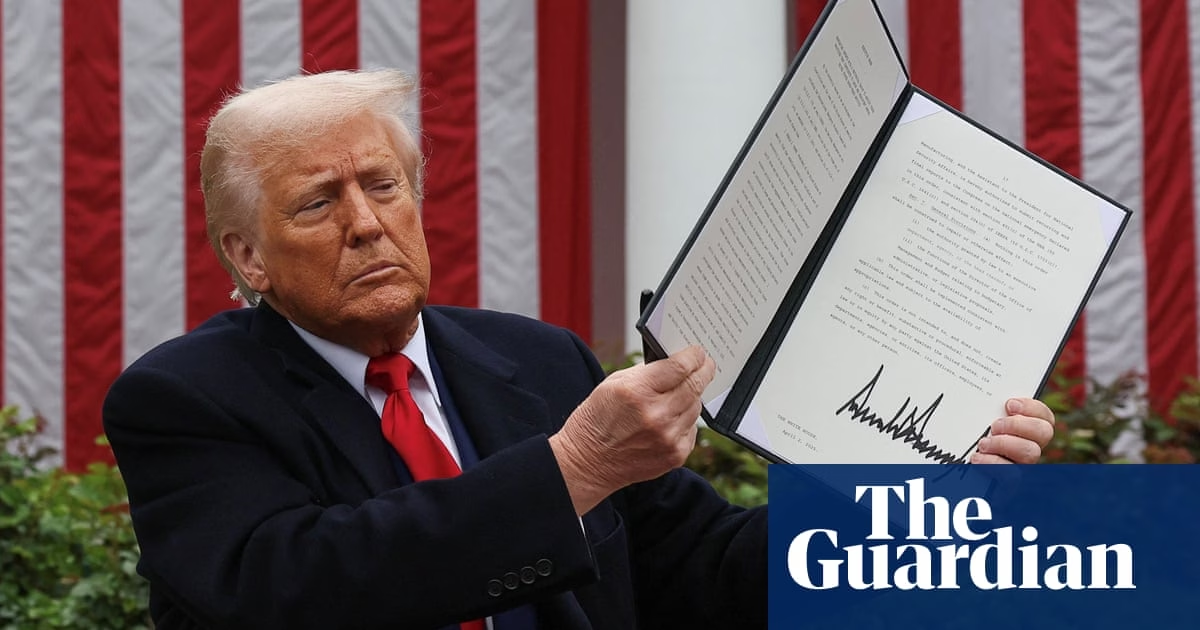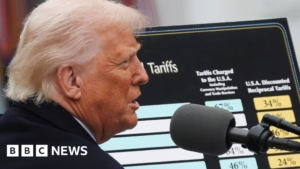Liberation days mark the end of conflict, not the beginning. In a striking display of irony, US President Donald Trump announced a victory even as he significantly escalated attacks on the global trading system. This move comes as he introduced sweeping 10% tariffs on goods imported from Australia, with exceptions for pharmaceuticals and critical minerals not mined in the US. Despite these actions, the Treasurer of Australia, Jim Chalmers, characterized the development as “a dark day in the global economy” and vowed to release updated Treasury modeling to assess the impact of these tariffs on Australia. The entire world, especially trade-reliant nations such as Australia, is expected to face economic setbacks due to the US raising its tariffs to levels last seen in 1909, according to economists. The US only purchases a minor portion of Australia’s exports, but adoption of protectionist policies could lead to a contraction of the world economy. The chief economist of KPMG estimated that the new tariffs could deliver a $27 billion blow to Australia’s economy, approximately 1% of its GDP. The escalation in tariffs on US imports from China, going up by over 50%, might make these estimates too optimistic. Australia, dependent on world trade for its economic prosperity, faces uncertain outcomes as the global trade landscape changes. The impact on prices in the short term for Australian consumers could be a slight increase. Experts suggest the prognosis for the US economy and its consumers could be more grievous, but the strategic use of tariffs might not affect President Trump’s popularity if he uses the revenue for tax cuts. The question remains whether Trump’s trade aggression will ultimately serve his goal to “make America great again.” If other countries retaliate with tariffs, it could lead to a trade war with unpredictable consequences. Various nations are strategizing their responses, with some, like China, promising retaliation, while others seek compromises that are acceptable on a domestic level. The Australian scenario is also complicated by the fact that China absorbs the majority of Australia’s exports, whose reactions to the changes in trade policies would significantly impact Australia’s economic resilience.
Source: https://www.theguardian.com/business/2025/apr/03/trumps-tariffs-could-deliver-a-27bn-blow-to-australia-and-the-cost-of-a-global-trade-war-would-be-far-higher








